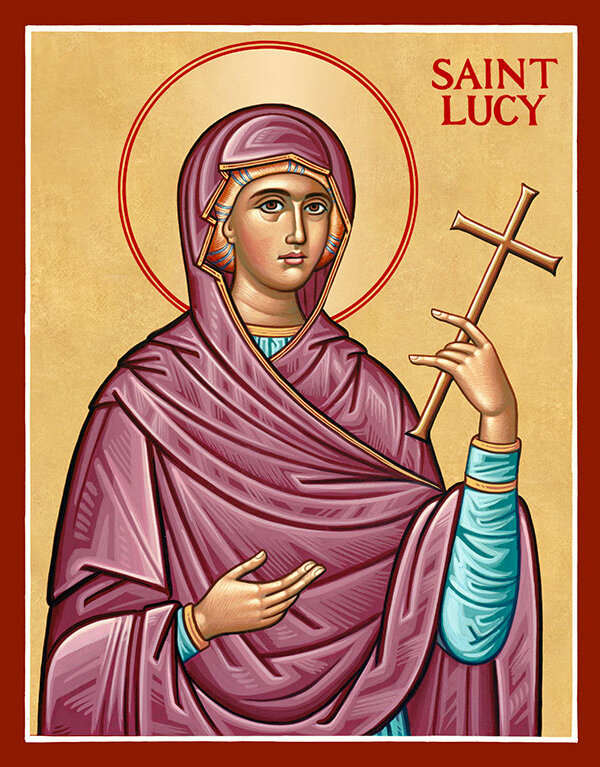Why Choose A Catholic School?
“Education is one of the most important ways by which the Church fulfills its commitment to the dignity of the person and building of community. Community is central to Catholic education ministry, both as a necessary condition and an ardently desired goal. The educational efforts of the Church, therefore, must be directed to forming persons in community for the education of the individual Christian is important not only to his or her solitary destiny but also to the destinies of the many communities in which he or she lives.” – To Teach as Jesus Did, National Conference of Catholic Bishops, United States Catholic Conference, 1972
Catholic Schools are successful because they make greater academic demands, provide stronger community support, and give more personal attention to students;
Catholic Schools emphasize faith, academic rigor, self-discipline, and high moral standards;
Catholic Schools develop the whole person, challenging each student to reach his or her full, God-given potential;
Catholic Schools are committed to preparing spiritual, moral leaders for the future of our Church and society; and
Catholic Schools offer students a welcoming, safe and supportive environment.
The Catholic Advantage
Catholic schools are sacramental. Students have the opportunity to meet Christ regularly through the Eucharist, Reconciliation, and one another. They are constantly reminded of the presence of Christ in the Body and Blood that they receive at Mass, as well as in the presence of the boy or girl standing next to them.
Catholic schools are ecclesial in that they embody the most effective and successful effort anywhere to educate children in the faith and to prepare them to be responsible and faithful citizens for Christian witness and action in the world. Taking the teachings of the Gospel beyond the walls of an individual school and living them is the goal for every student.
Catholic schools teach wisdom and life vision in the context of faith. They interweave reason and faith through subject matter and help students form a Christian vision of the world that they not only strive to live out but can articulate to others so that they can share truth and values. Curriculum is not taught only for the attainment of knowledge, but also for helping students embark on a search for truth. Through their study, students explore the mysteries of God and realize their call to live out their Catholic faith in an imperfect and challenging world.
Catholic schools teach students how to become a part of a faith community in which their active participation as a “prayer” and “worshipper” is vital to the faith formation of all of the other members of their school faith community.
Catholic schools help students look at the complexity of a modern world and figure out how to live the counter-cultural message of Jesus today. Catholic schools challenge students to respond to the needs of the poor, and to live in a spirit of love, generosity and kindness for all. We ask them to become a part of the “Word Incarnate”.
Catholic schools help students to understand the need for true justice in our world. By living out one’s Catholic faith we cannot ignore the call of the Holy Spirit to make the world a just place for all peoples. Working for justice has the power to transform hearts and create a new heaven on earth.
Catholic schools invite its teachers to join in ministry with them. Teachers are called to help students understand that with learning comes the obligation to apply the teachings of their faith as they use knowledge in their daily lives. This happens for students when they see this modeled regularly by the adults around them – when they see their own teachers living “faith-filled” lives.
Catholic schools recognize the holiness of the covenant between themselves and parents. We recognize that cultivating the Catholic faith in our children is a labor of love on the part of parents, school, and parish.

